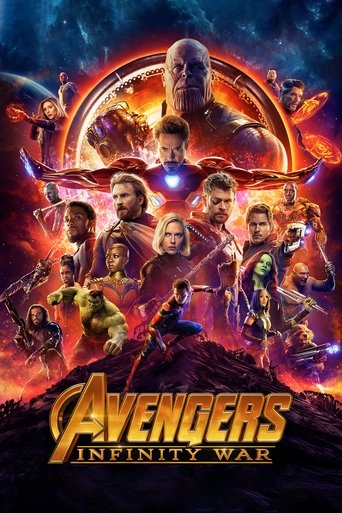Crash Course Computer Science - Season 1 Episode 11 The First Programming Languages
So we ended last episode with programming at the hardware level with things like plugboards and huge panels of switches, but what was really needed was a more versatile way to program computers - software! For much of this series we’ve been talking about machine code, or the 1’s and 0’s our computers read to perform operations, but giving our computers instructions in 1’s and 0’s is incredibly inefficient, and a “higher-level” language was needed. This led to the development of assembly code and assemblers that allow us to use operands and mnemonics to more easily write programs, but assembly language is still tied to underlying hardware. So by 1952 Navy officer Grace Hopper had helped created the first high-level programming language A-0 and compiler to translate that code to our machines. This would eventually lead to IBM’s Fortran and then a golden age of computing languages over the coming decades. Most importantly, these new languages utilized new abstractions to make programming easier and more powerful giving more and more people the ability to create new and amazing things.
Year: 2017
Genre:
Country: United States of America
Studio: YouTube, PBS Digital Studios
Director:
Cast: Carrie Anne Philbin
Crew:
First Air Date: Feb 22, 2017
Last Air date: Dec 21, 2017
Season: 1 Season
Episode: 40 Episode
Runtime: 12 minutes
IMDb: 0.00/10 by 0.00 users
Popularity: 2.1965
Language: English
Keyword :
Episode
Early Computing
Electronic Computing
Boolean Logic & Logic Gates
Representing Numbers and Letters with Binary
How Computers Calculate - the ALU
Registers and RAM
The Central Processing Unit (CPU)
Instructions & Programs
Advanced CPU Designs
Early Programming
The First Programming Languages
Programming Basics: Statements & Functions
Intro to Algorithms
Data Structures
Alan Turing
Software Engineering
Integrated Circuits & Moore’s Law
Operating Systems
Memory & Storage
Files & File Systems
Compression
Keyboards & Command Line Interfaces
Screens & 2D Graphics
The Cold War and Consumerism
The Personal Computer Revolution
Graphical User Interfaces
3D Graphics
Computer Networks
The Internet
The World Wide Web
Cybersecurity
Hackers & Cyber Attacks
Cryptography
Machine Learning & A.I.
Computer Vision
Natural Language Processing
Robots
Psychology of Computing
Educational Technology
The Future of Computing
















